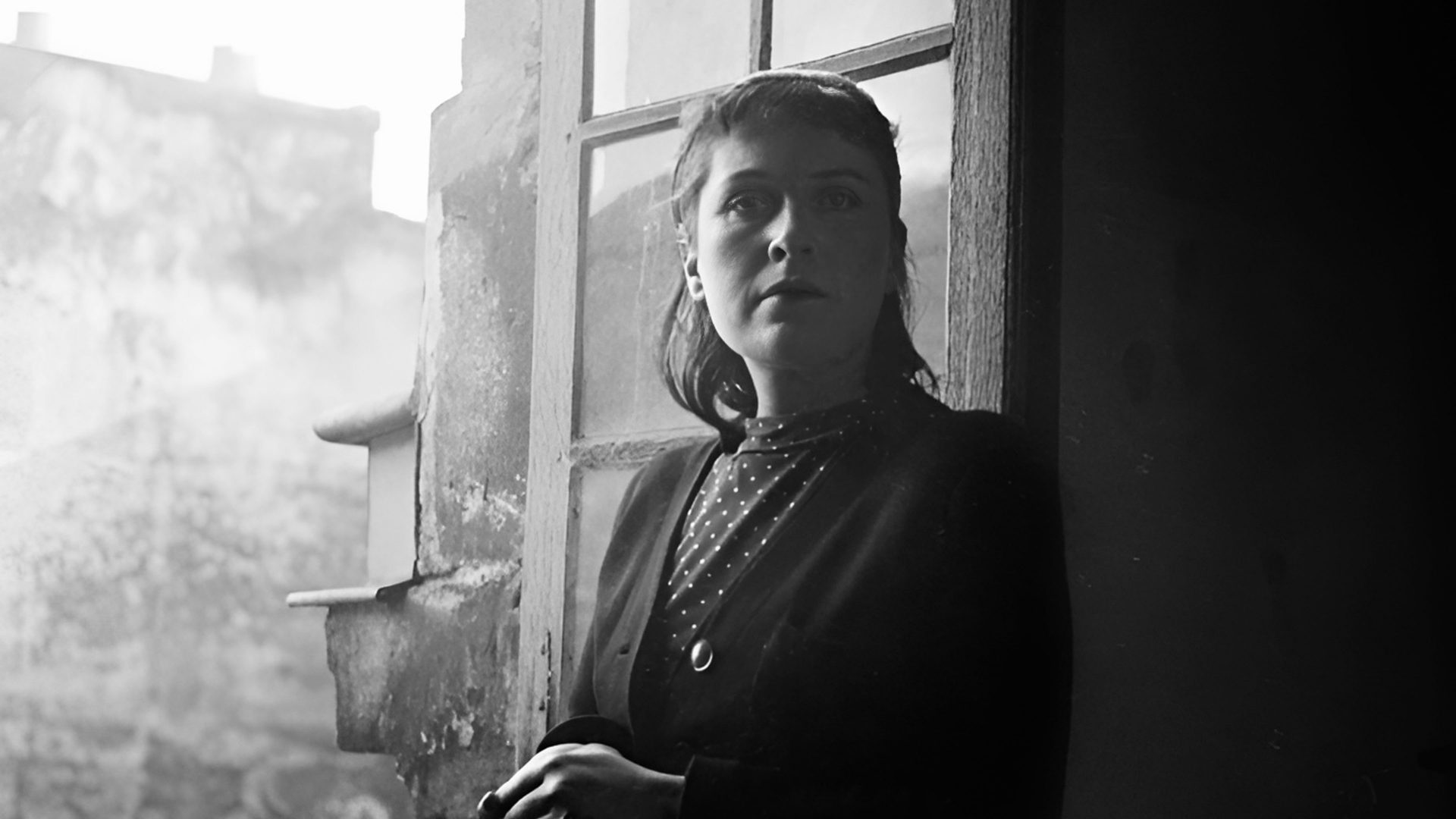We have reached that time of year when thoughts turn to summer holidays and, most importantly, the literary accompaniments we might pack alongside the Factor 50, foil-wrapped ham sandwiches and comforting memories of Rishi Sunak calling an election while it was absolutely, deliciously, shagging it down. Those shiny jacket shoulders. Iconic.
This summer presents more challenges to reading time than most years given just how much there is going on, with the Euros, the election and the Olympics adding to the usual roster of cricket, tennis and festivals that normally occupy us during the slightly less rainy months.
At this rate the only people with significant time available to read before the season of mists and mellow fruitfulness is upon us again will be a few dozen erstwhile Conservative MPs finding themselves suddenly at a loose end.
Despite the threshing machine of distraction trundling relentlessly towards us this summer, there is still a rich crop of new and recent books to harvest before it arrives, all worthy of consideration for your reading delight.
Top of my list is the appropriately travelly The Roads to Rome: A History by Catherine Fletcher (The Bodley Head, £25). I wouldn’t normally hump a hardback around on my holidays but having hugely enjoyed Fletcher’s history of the Italian Renaissance, The Beauty and the Terror, in 2021 this is one I have been saving in order to savour.
Fletcher is a rare thing: an academic who writes beautifully and accessibly about big subjects, and this travelling history of the network of roads emanating from the Roman capital and covering much of our continent promises to be utterly riveting, filled with golden nuggets of information all rendered in Fletcher’s flowing and witty prose.
She is also prepared to put in the miles, ending the book with the dust of 14 countries on her shoes in a quest to uncover the secrets of this remarkable network that permitted travel between Rome and London in as little as five days.
A book to scratch the Europhilic itch, this is a travelogue that will have me adding to my already lengthy list of future European destinations.
Tove Jansson, best known for creating the Moomins, spent the summers of the second half of her life on the tiny islet of Klovharun in the Gulf of Finland.
With the help of a brawny seaman called Brunström, Jansson and her life partner Tooti, the artist Tuulikki Pietilä, built a cabin on the island in which they would spend timeless, idyllic summers.
When they became too elderly to stay there safely they gave up the island to visitors instead, with Jansson publishing in 1996 a memoir of their time on Klovharun that has just been published in a translation from the Swedish by Thomas Teal as Notes From an Island (Sort Of Books, £9.99). This delightful, slim volume is a perfect meditative accompaniment to any holiday, or even any regular day.
Accompanied by some subtly evocative illustrations and a 1961 essay called The Island, written by Jansson for a Finnish travel magazine, this little book is a delight, distilling decades of memories, wisdom and happiness – not to mention Brunström’s observations during the cabin’s construction – into a shade over 100 pages.
If you’ve read Jansson’s novel The Summer Book, based on her childhood experiences with her grandmother on a different island, this is a perfect accompaniment. If you haven’t read The Summer Book, well, there are two quiet masterpieces you can now add to your seasonal reading.
Sticking with islands, and short books about islands, an unexpected delight of my reading year so far has been Elizabeth O’Connor’s novel Whale Fall (Pan MacMillan, £14.99).
Set on a fictional island off the coast of Wales, Whale Fall is the story of Manod, on the verge of womanhood in 1938 as the world beyond the island is on the verge of war. A whale carcass washed up on the shore and two anthropologists arriving to observe the islanders and document their way of life bring changes both to Manod and the only place she has ever known. Absolutely mesmerising.
Another short read whose gentle pace perfectly suits summer contemplation is Brian by Jeremy Cooper (Fitzcarraldo Editions, £12.99), detailing the life and regular habits of the eponymous Camden Council employee who discovers the joy of cinema by attending the British Film Institute on London’s South Bank every night of the week, whatever happens to be showing.
An affectionate portrait of a singular man as well as a work of wide-ranging film criticism, Brian is a beautiful novel about a man who is on the margins and happily so. Immersive and unforgettable.
To the Iberian peninsula next, and Sara Mesa’s Un Amor, translated by Katie Whittemore (Peirene Press, £12.99), the first of the Seville-based writer’s eight novels to be translated into English. Un Amor was a bestseller in Spain and has been turned into a successful feature film by Isabel Coixet, so comes with a significant legacy of endorsement.
Nat arrives in a remote village, adopts a temperamental dog and sets about working on her first literary translation. But circumstances are about to present her with a tricky decision, one that will determine both her immediate and longer-term future.
Mesa creates a realistically eerie setting in the village of La Escapa, underpinning the novel with a constant thrum of unease and tension sustained throughout this many-layered book. Hopefully, the arrival here of Un Amor means more of her excellent work will become available in English.
Dulce Maria Cardoso is a writer of the European postcolonial generation, a returnado who spent her first decade living in Angola before returning to Portugal after independence in 1975. A qualified lawyer, she left legal practice to concentrate on writing and Eliete: A Normal Life (MacLehose Press, £12.99) is also the first of her novels to be translated into English.
Cleverly weaving the story of a woman negotiating her way into middle age with the undercurrents and legacies of Portugal’s colonial and authoritarian past, Eliete’s title character is seeking adventure and to conquer a sense that life has passed her by. She creates a fictional profile on Tinder as respite from her dull, Pokémon and Brexit-obsessed husband while at the same time, her dementia-blighted grandmother begins to unburden herself of what appear to be scandalous revelations from the highest offices of Portugal’s authoritarian past.
Closer to home, I thoroughly enjoyed Andrew O’Hagan’s state-of-the-nation whopper Caledonian Road (Faber, £20), a novel endorsed heartily by Matthew d’Ancona of this parish. Again it’s a tricky one to take on holiday, being 600 pages-plus and a hardback, but if you can bear the load or you have an e-reader, then this might just be the perfect novel for the summer.
It’s a sprawling novel that takes in everything from stately homes to sink estates, Glyndebourne to grime, with a huge cast of characters orbiting around art historian Campbell Flynn, who lives in the north London road of the title.
In the hands of a lesser novelist, this could have been an absolute mess, a leaky plot hammering home ham-fisted, half-baked opinions on the state of Britain today. But O’Hagan is one of the finest writers currently at large in the world – his Mayflies is the best portrayal of male friendship I have ever read – and so not only holds this ambitious novel solidly together, he makes it a page-turner that feels a far lighter read than it truly is.
It has been my custom for this annual perusal of the summer shelves to look beyond the avalanche of new and recent titles to a wider selection of potential holiday reads.
You might not know it just by looking at the books pages of most periodicals, but literature is not solely about the new. Hence I like to supplement these recommendations with a book that has won a prize, a book of poetry and a classic to revisit to enhance my summer reading.
The prize winner I’ll be packing for the road this year is Lisa McInerney’s The Glorious Heresies (John Murray, £8.99), which won the Women’s Prize for Fiction in 2016.
The Cork writer’s debut novel is a warm, gritty peek into the post-crash urban generation in Ireland that placed McInerney at the vanguard of the wealth of exciting novelists emerging from Ireland in the years following its crippling recession.
You can trace a line from the brilliant Cork-set sitcom The Young Offenders back to McInerney and, even nearly a decade on, the freshness of her voice and narrative style still shines through The Glorious Heresies.
The book of poetry I’ll be taking with me this year is An Ordinary Life by the American poet BH Fairchild (WW Norton, £20.99).
Now in his 80s, Fairchild is an extraordinary chronicler of American life, especially that of the blue-collar towns and cities in the Midwest from where he hails.
This is perhaps best expressed in his 1998 breakthrough The Art of the Lathe, but I’m picking his most recent collection from last year as it has everything: poems to make you smile, poems to make you think and, particularly in the works about the death of his son, poems to make your chest heave. Accessible, warm and wise, this is a wonderful piece of work.
Every now and then you discover a writer who is new to you and you realise within a few paragraphs you will be inhaling everything they have written.
This year I have been gradually accumulating the works of the English novelist of the early 20th century, Sylvia Townsend Warner.
Eccentric and independent, she had a unique style and voice no better expressed than in her 1928 debut Lolly Willowes (Penguin Modern Classics, £9.99), the classic I am recommending you pack into your suitcase this summer. Idiosyncratic and beautifully written, I think you’ll love Lolly Willowes.
The titular Lolly is enduring a timid existence beholden to family members as the novel opens, until she has a sudden and inexplicable urge to relocate to the countryside. When she takes a room in a cottage owned by an older woman, Lolly Willowes suddenly becomes much more than a woman’s voyage of self-discovery and takes the reader to somewhere quite unexpected.
Wherever you end up this summer, somewhere warm and exotic or just at home with the grunt, pock, grunt, pock of tennis burbling in the background on the television, may your seasonal reading take you somewhere quite unexpected, too.




